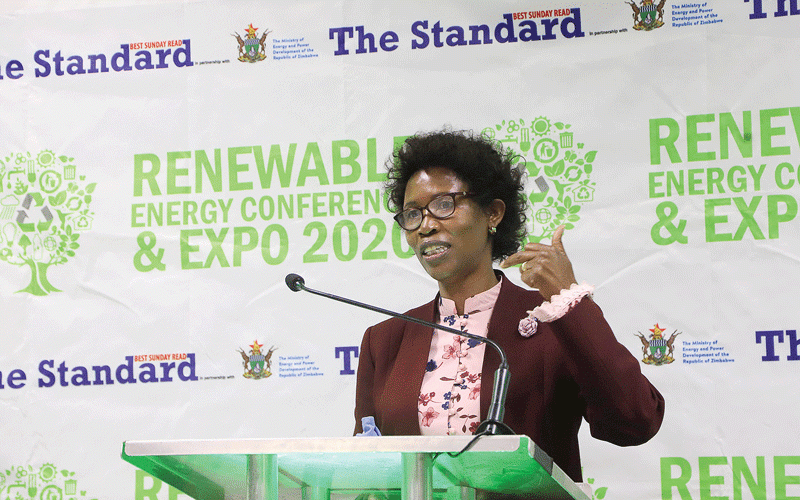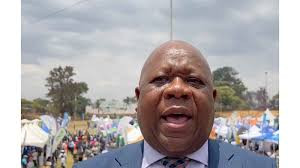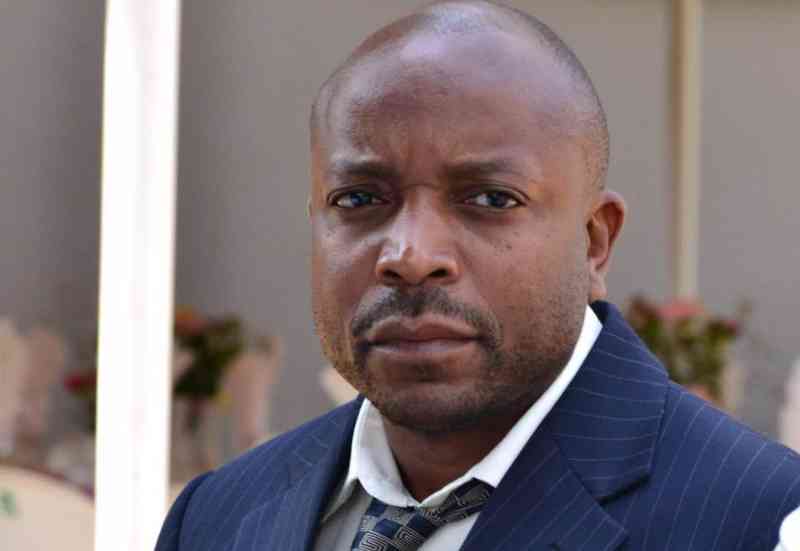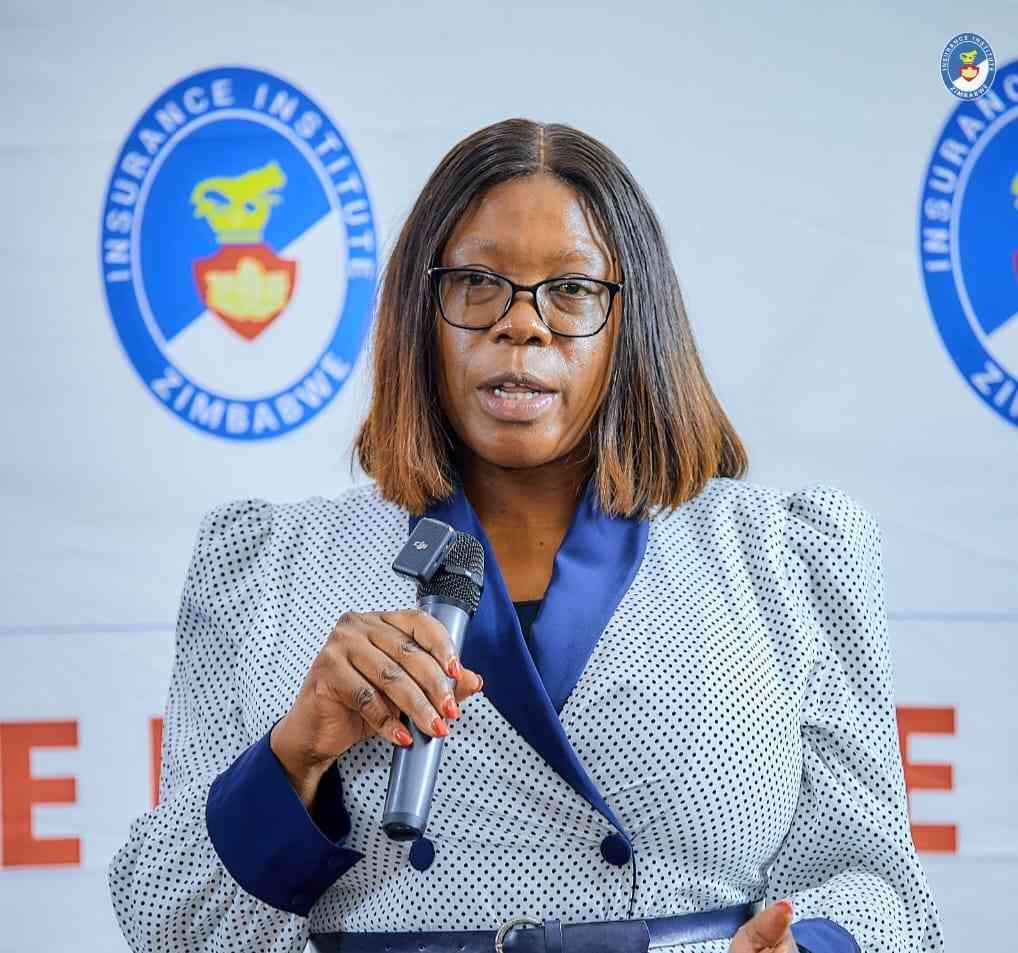
GENEVA-BASED International Labour Organisation skills and life-long specialist Alice Vozza has encouraged the country to take advantage of the Global Energy Transition Partnership (GET Partnership) to deal with climate change.
Zimbabwe is heavily reliant on coal for power generation, with Gloria Magombo, permanent secretary in the Energy and Power Development ministry, recently emphasising that abandoning coal could backfire.
Investments into coal have accelerated alongside the expansion of existing mines in Zimbabwe’s northwestern hotspots, with appetite reinvigorated by capital flows into steel production and coal-fired power facilities.
Two of the biggest destinations for coal, the Manhize steel facility and Hwange thermal power station’s Unit 7 and 8, saw government and private investors pour a combined US$3 billion in the past few years.
“The question is about achieving a balance between carbon emission resources like coal which is the major resource of power generation and clean energy innovations and the financial perspective,” Vozza said during the Employers Confederation of Zimbabwe (Emcoz) workshop on negotiating and navigating new horizons in Masvingo yesterday.
“This is a challenging equation for countries to solve. Let us consider South Africa’s approach as an example. I am saying that is the best way to go, but it is an initiative that can be useful.
“They joined the Global Energy Transition Partnership, which provides international support for energy transition, alongside other countries like Indonesia, Senegal and South Africa have developed a comprehensive plan.”
She added that other African countries, which are facing the same challenges as Zimbabwe, have made progress in developing national energy transition plans.
- COP26 a washout? Don’t lose hope – here’s why
- Out & about: Bright sheds light on Vic Falls Carnival
- COP26 a washout? Don’t lose hope – here’s why
- Out & about: Bright sheds light on Vic Falls Carnival
Keep Reading
“South Africa faces significant energy challenges, including electricity shortages, power cuts and high unemployment,” Vozza said.
“Their GET implementation plan addresses these issues by focusing on three value chains: electricity infrastructure development, electric vehicles, and green hydrogen. These value chains are integrated into the national energy transition plan.”
She said the GET partnership approach lays out a clear plan for the initiative that makes it easier and more comprehensive to implement.
“Key elements of this approach include massive investment requirements, negotiations with other countries to secure financial resources and energy supply agreements, leveraging renewable energy potential as a negotiating asset, building local industries, creating jobs, and encouraging enterprise development and workforce skills,” Vozza said.
Emcoz president Demos Mbauya said Zimbabwe needed to transition to local cultures and technologies, bringing about positive change as it is vulnerable to climate change.
“Our vital work is dynamic and challenging, requiring continuous learning to stay relevant and efficient. We need to upskill and reskill to grow and remain competitive regionally and globally,” Mbauya said.
“As you know, Zimbabwe is highly vulnerable to climate change, which affects our infrastructure, economy and social levels. To address this, we need to transition to local cultures and technologies, bringing about positive change.”
He emphasised that investing in new technologies would aid in inclusive change for employment, social and economic development.
“Implementing climate change policies is crucial for a sustainable future and a just transition that leaves no one behind,” Mbauya said.
“Effective negotiations play a vital role in the workplace, building confidence, and trust, and fostering cultural collaboration.
“Strong emotional intelligence is essential for leaders to think critically and work together and avoid conflict towards progress and building resilience against climate change.”
He said Zimbabwe’s future depends on collective transition efforts, ensuring equal protection for all workers
“The UNFPA [United Nations Population Fund] and UNFCCC [United Nations Framework Convention on Climate Change] guide us in emphasising the importance of social development, motionless skills and the protection of migrant workers,” Mbauya said.
“Our future depends on our collective transition efforts, ensuring equal protection for all workers. I call on the National Science and Environment Agency to support us in this endeavour.”











